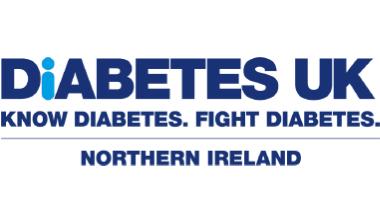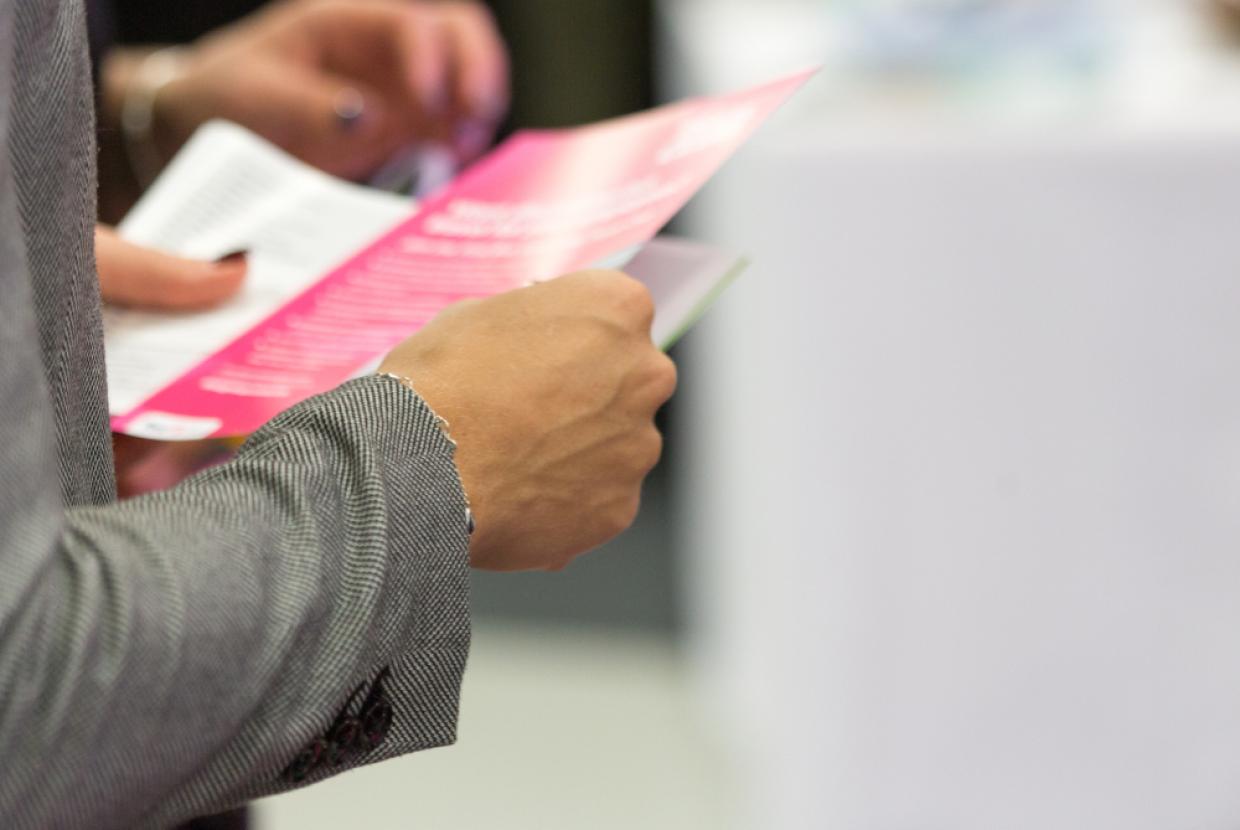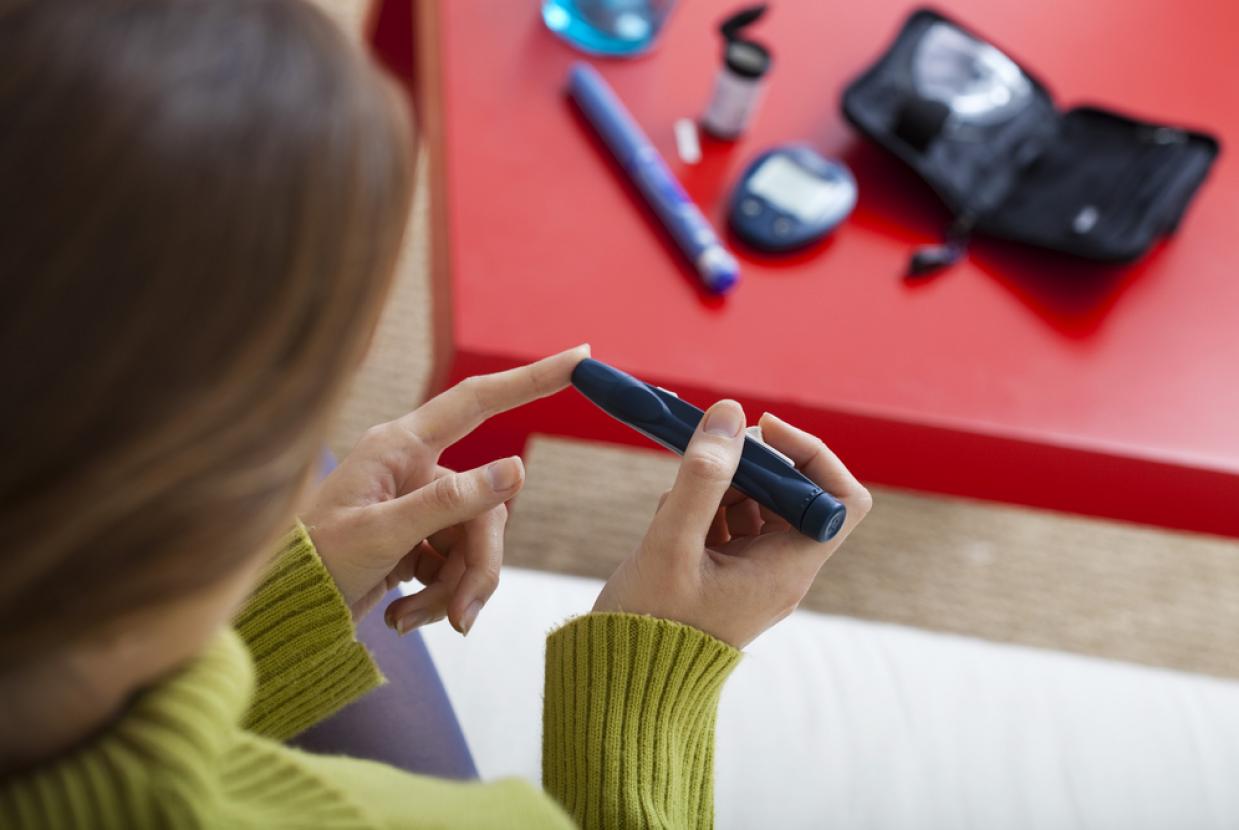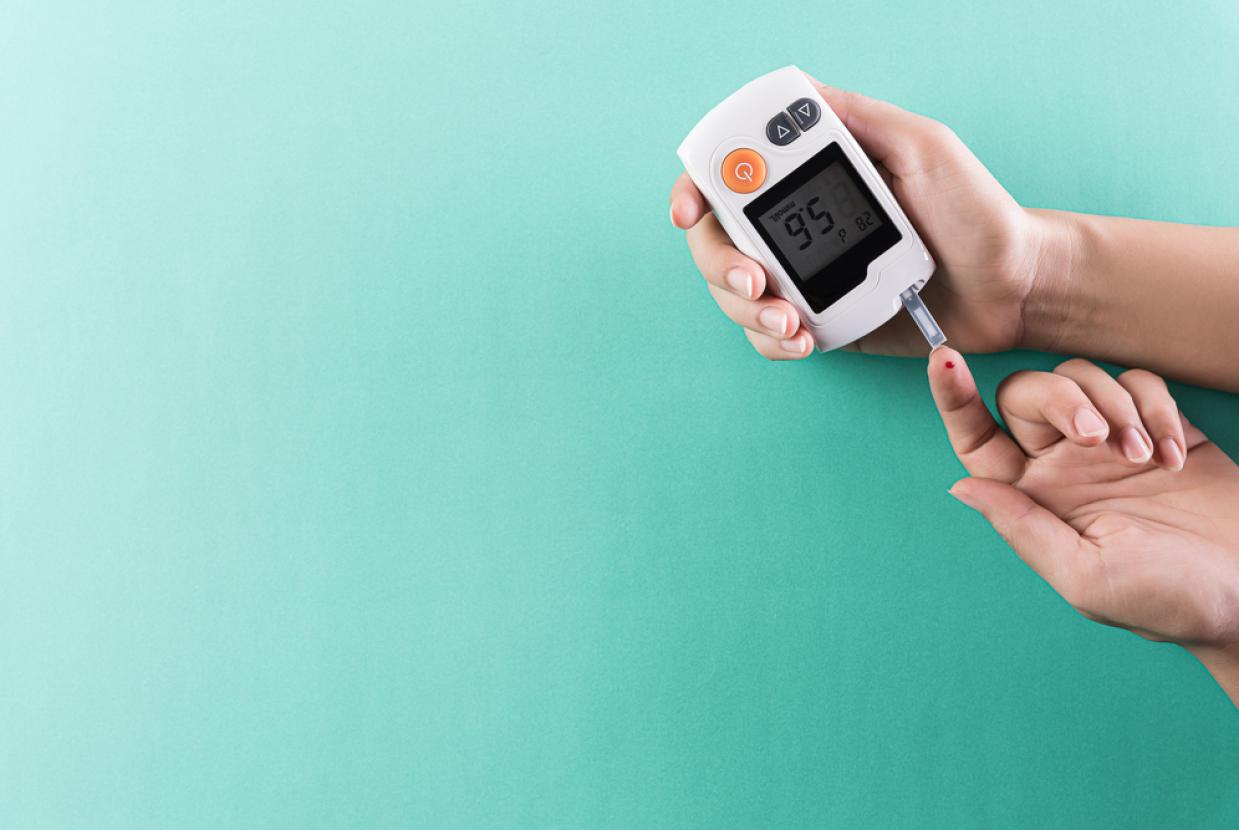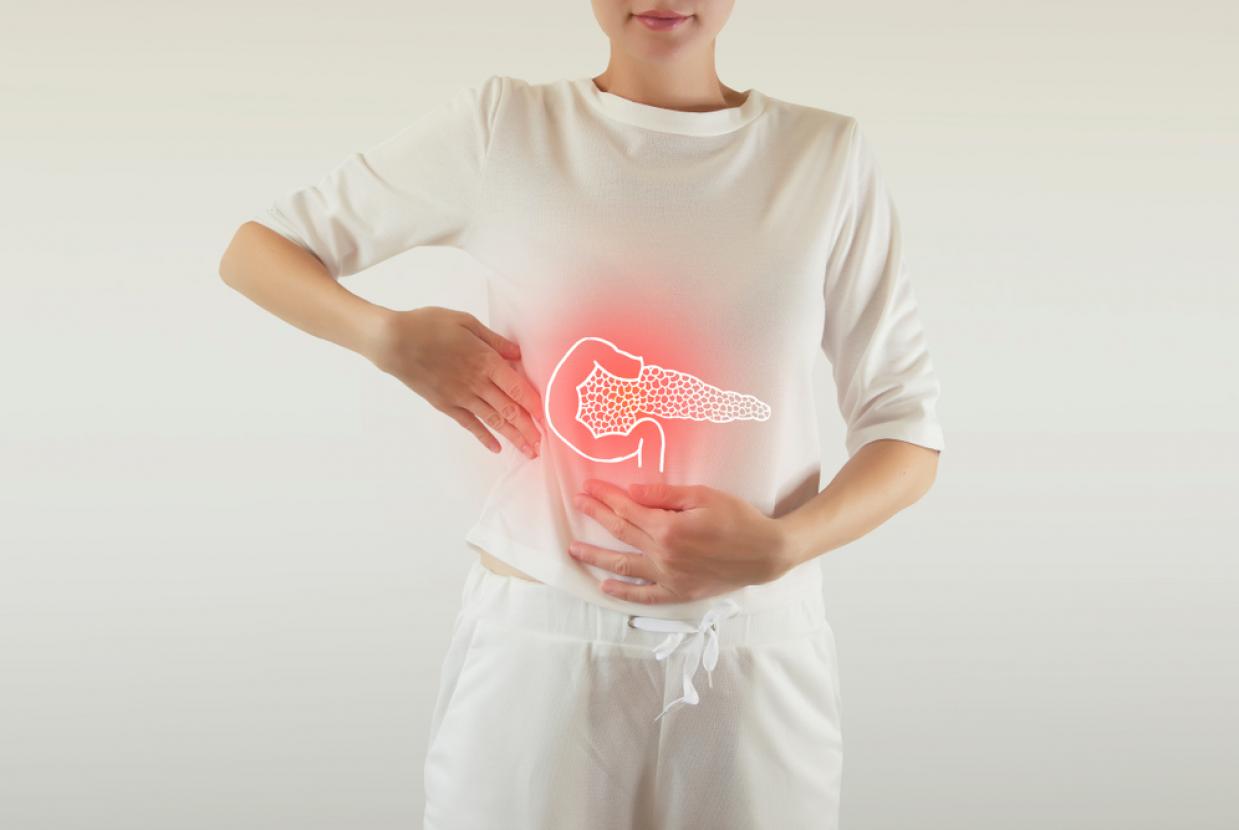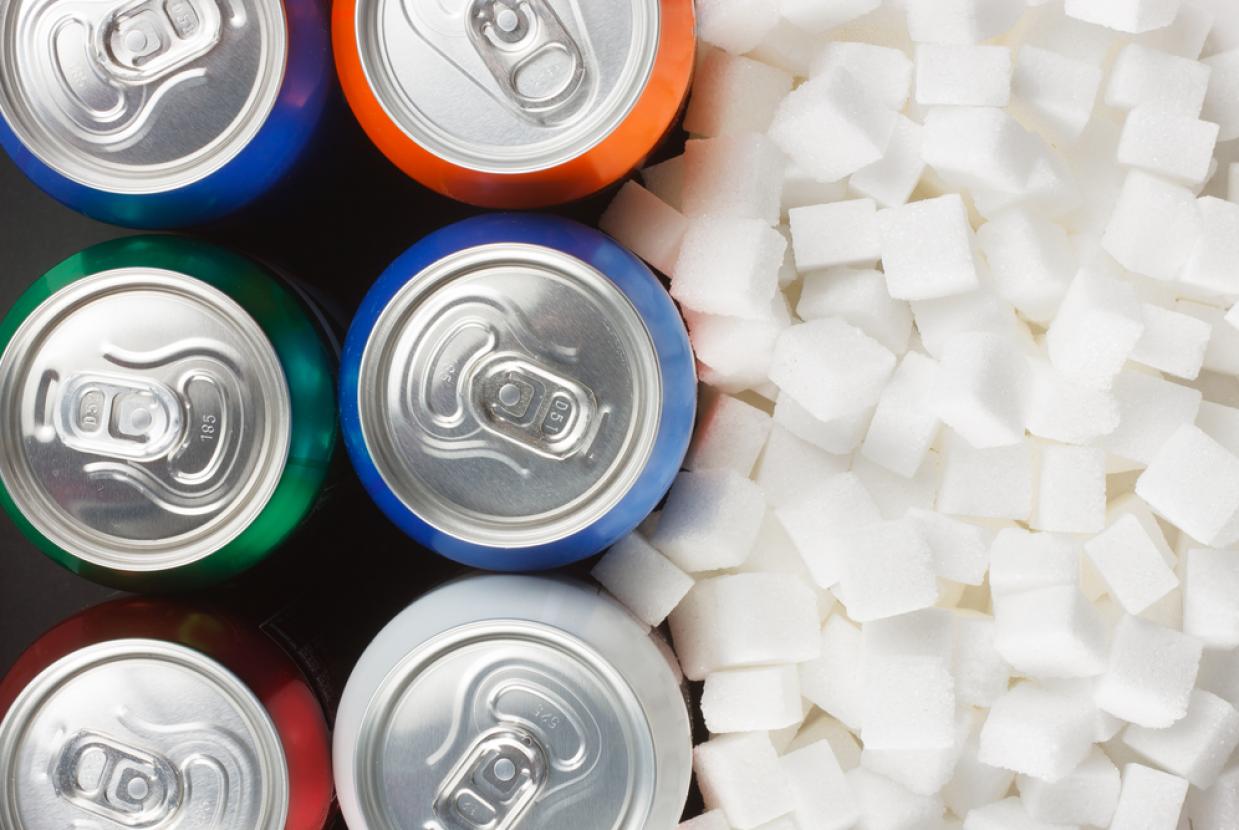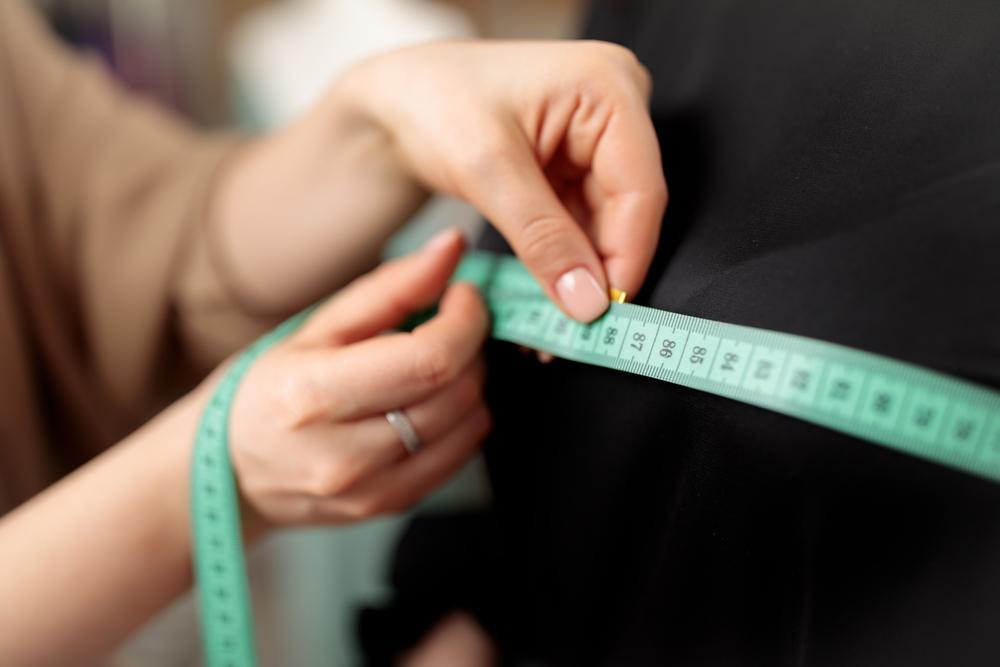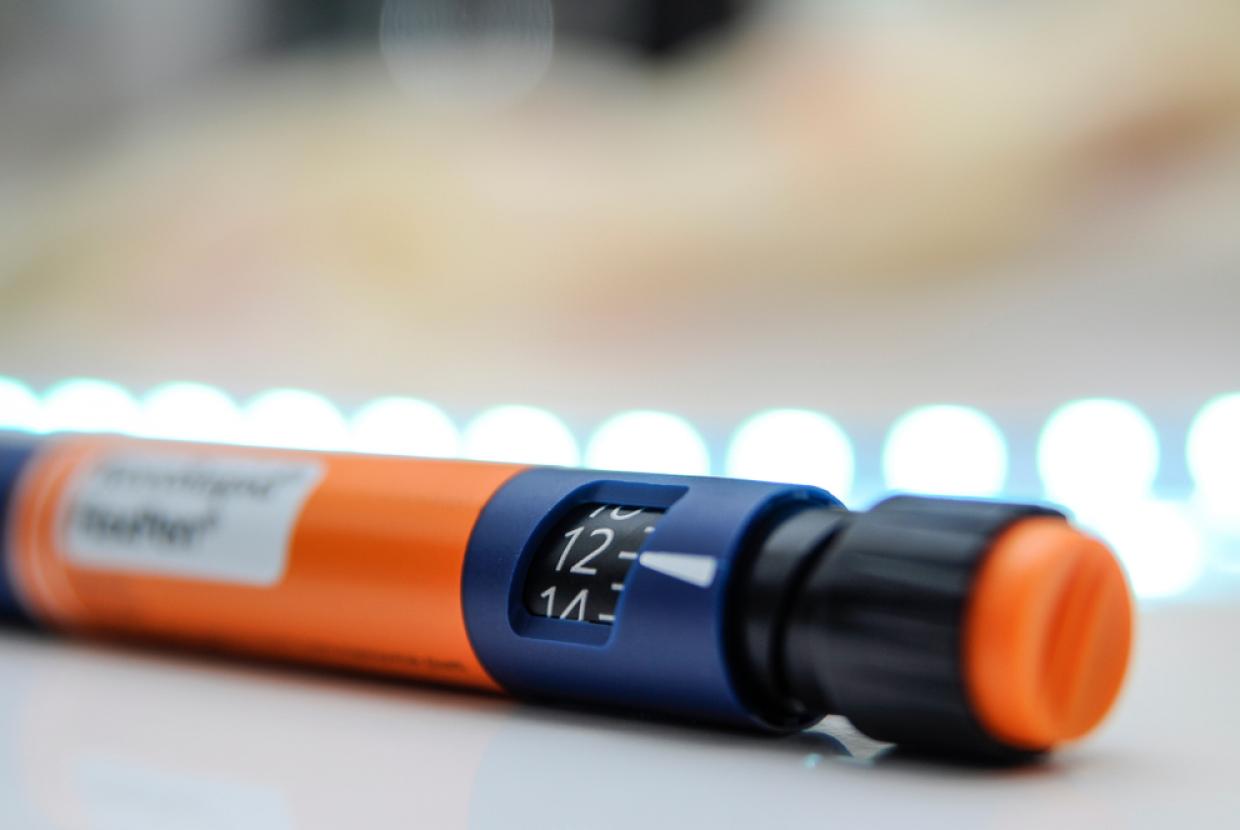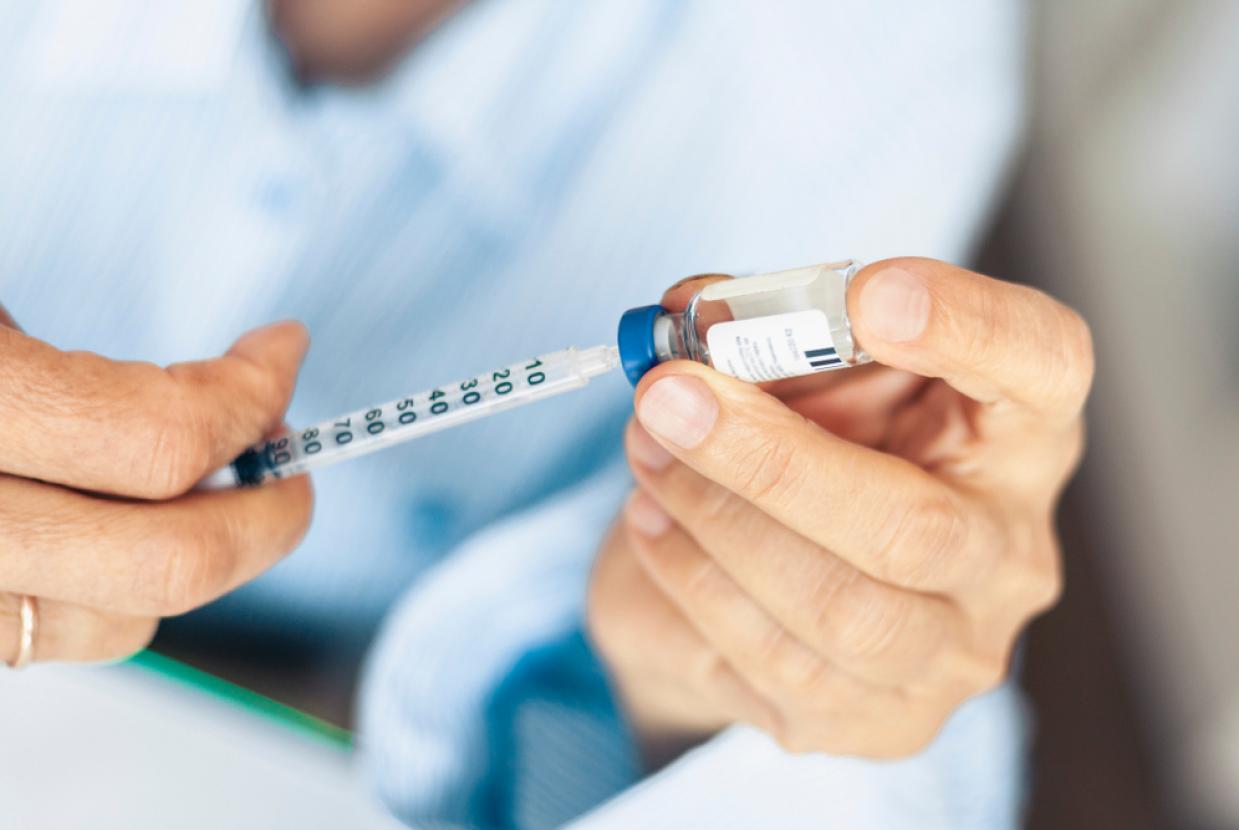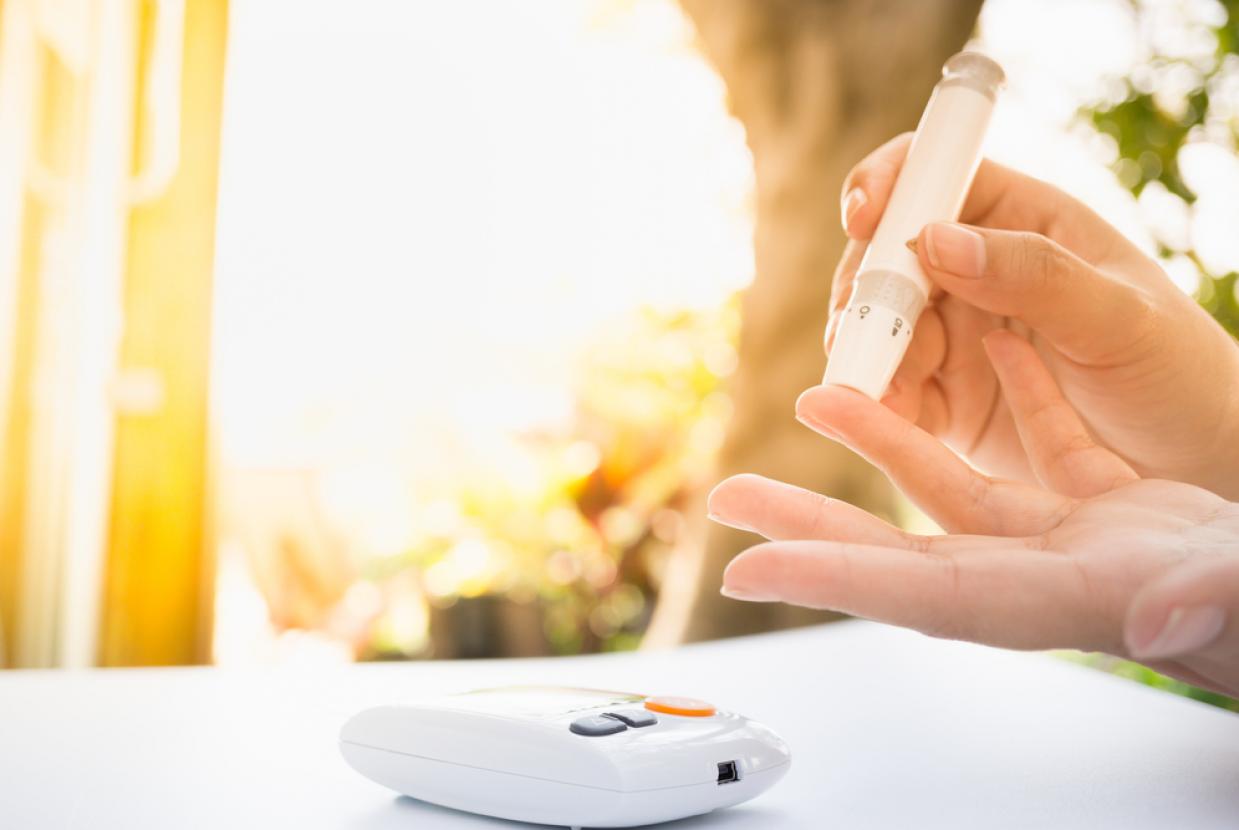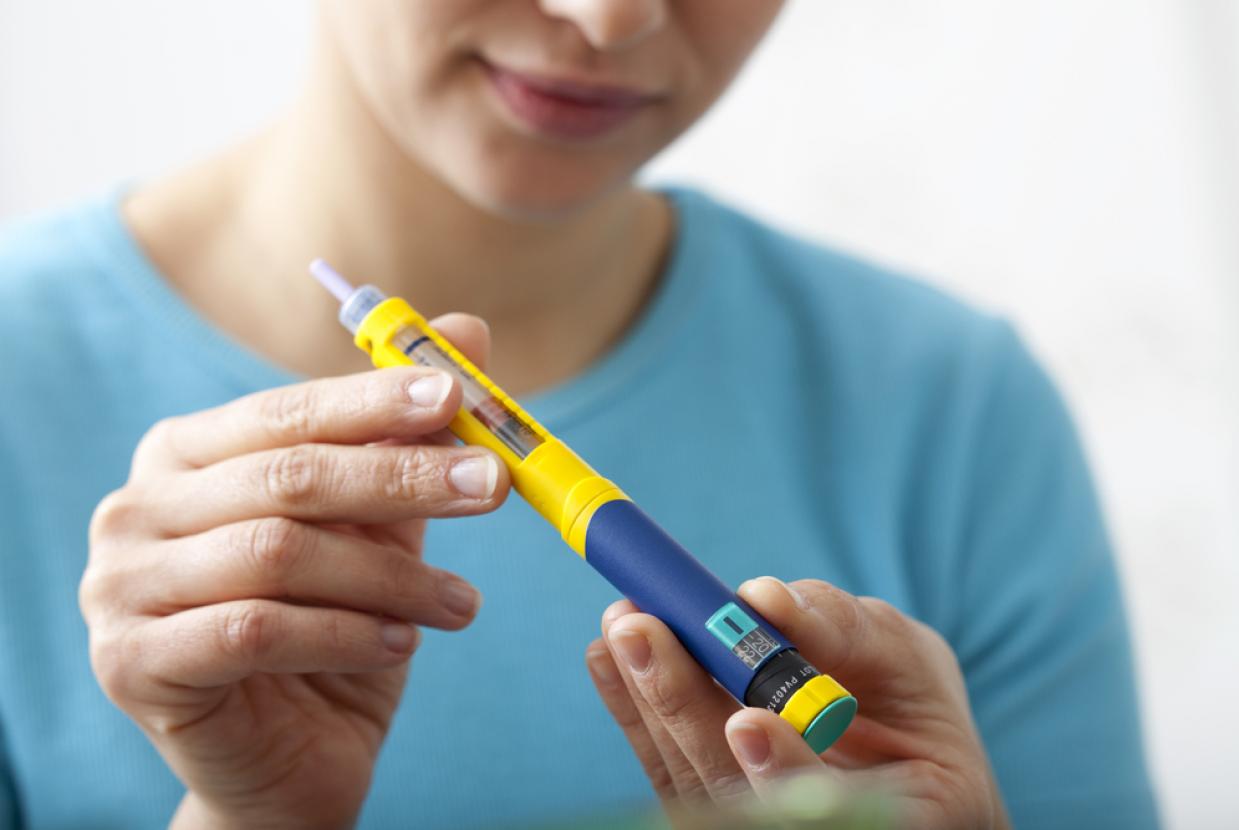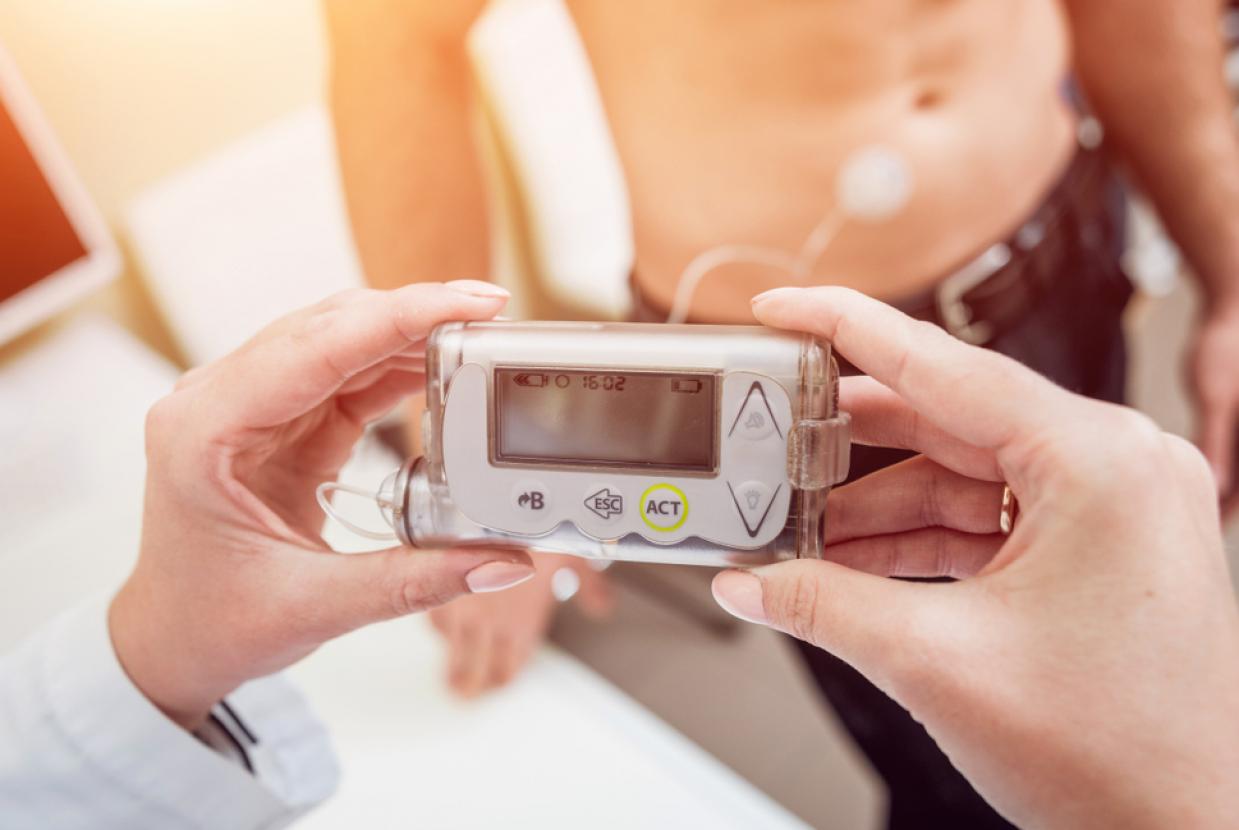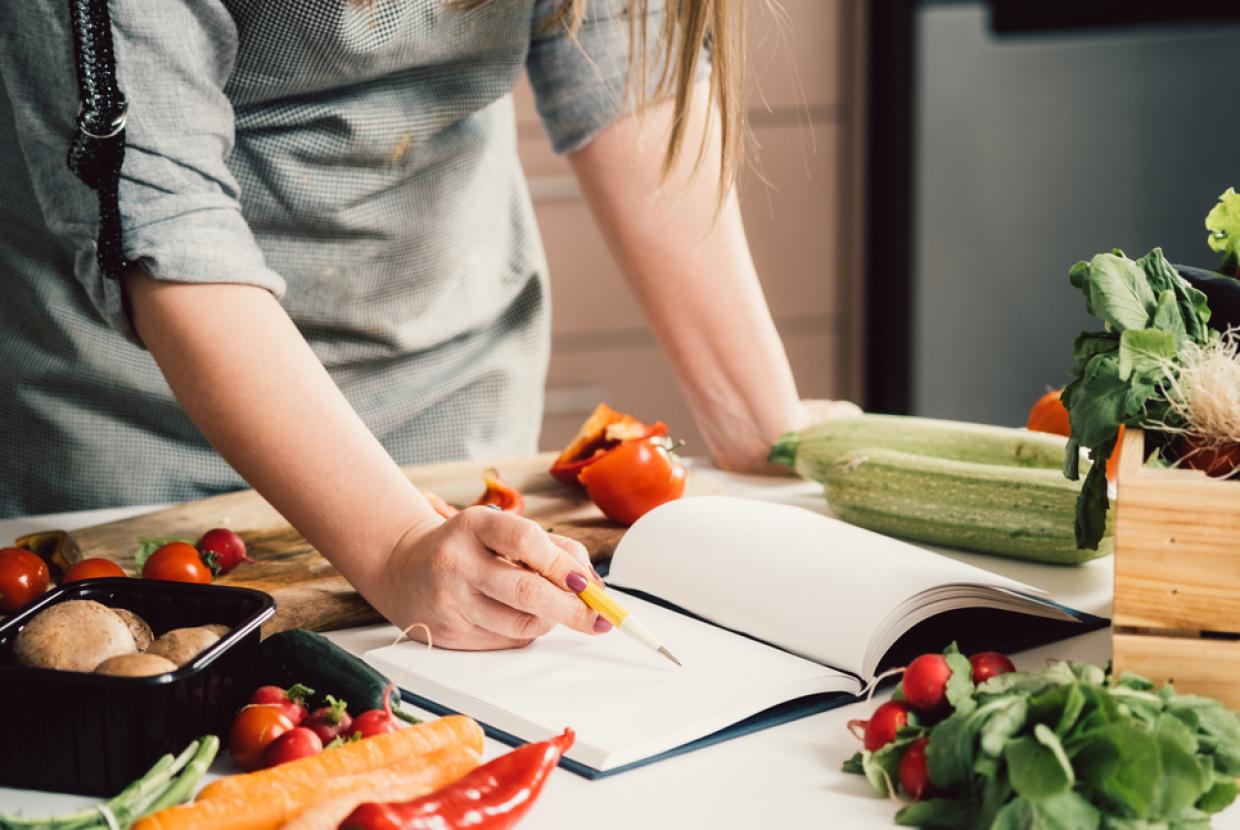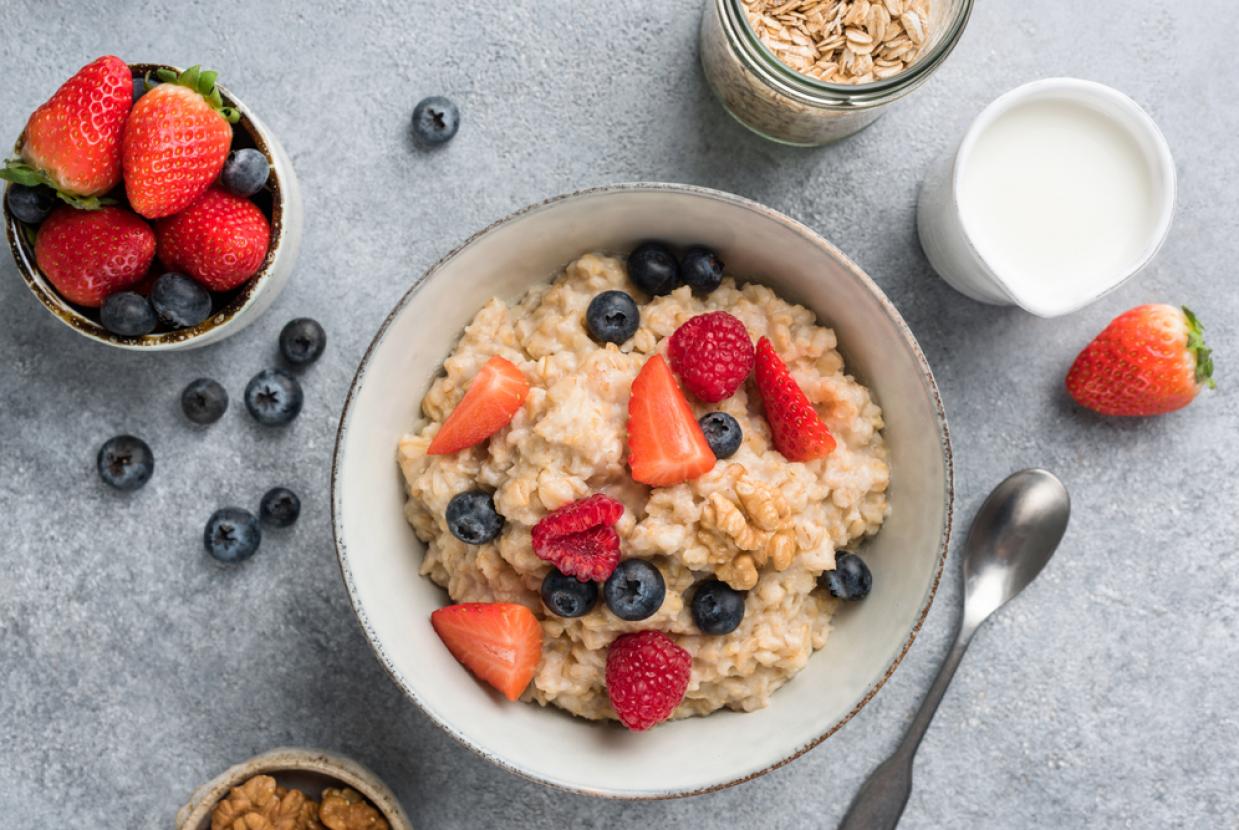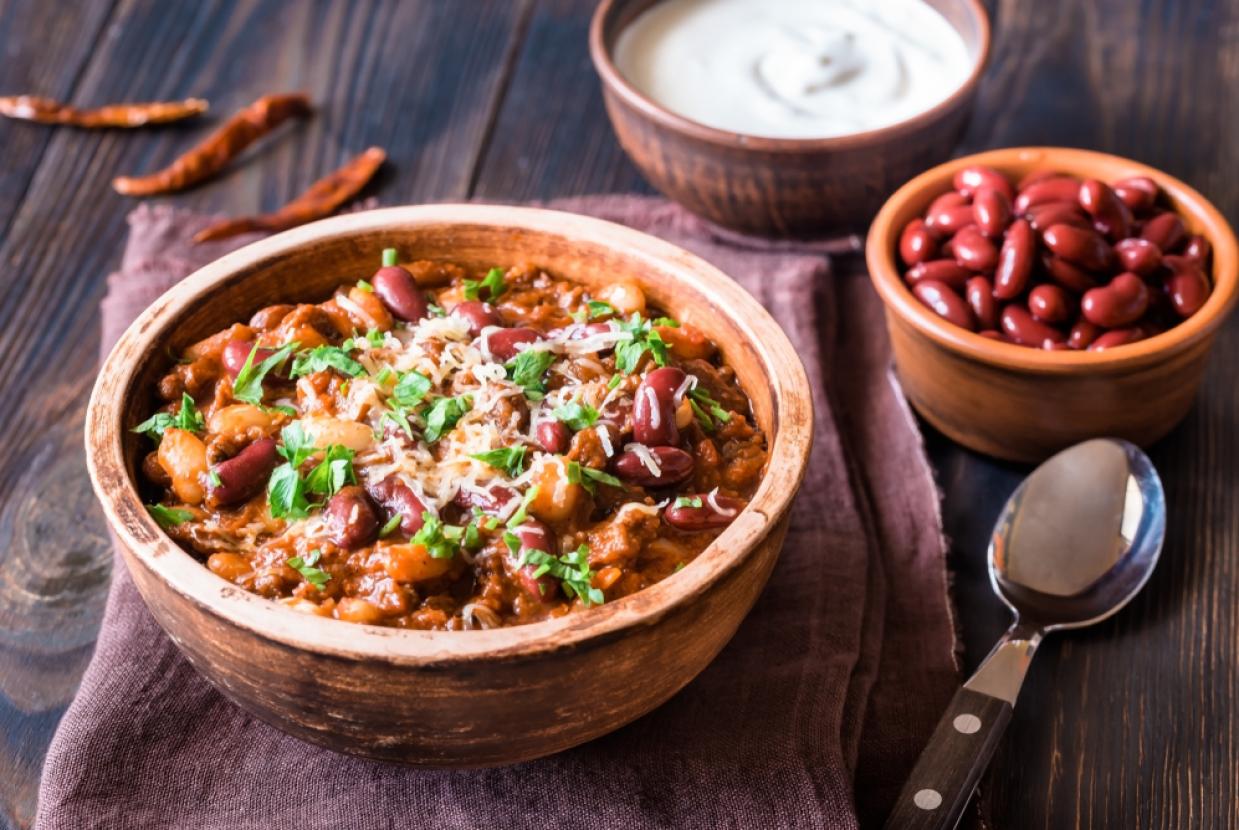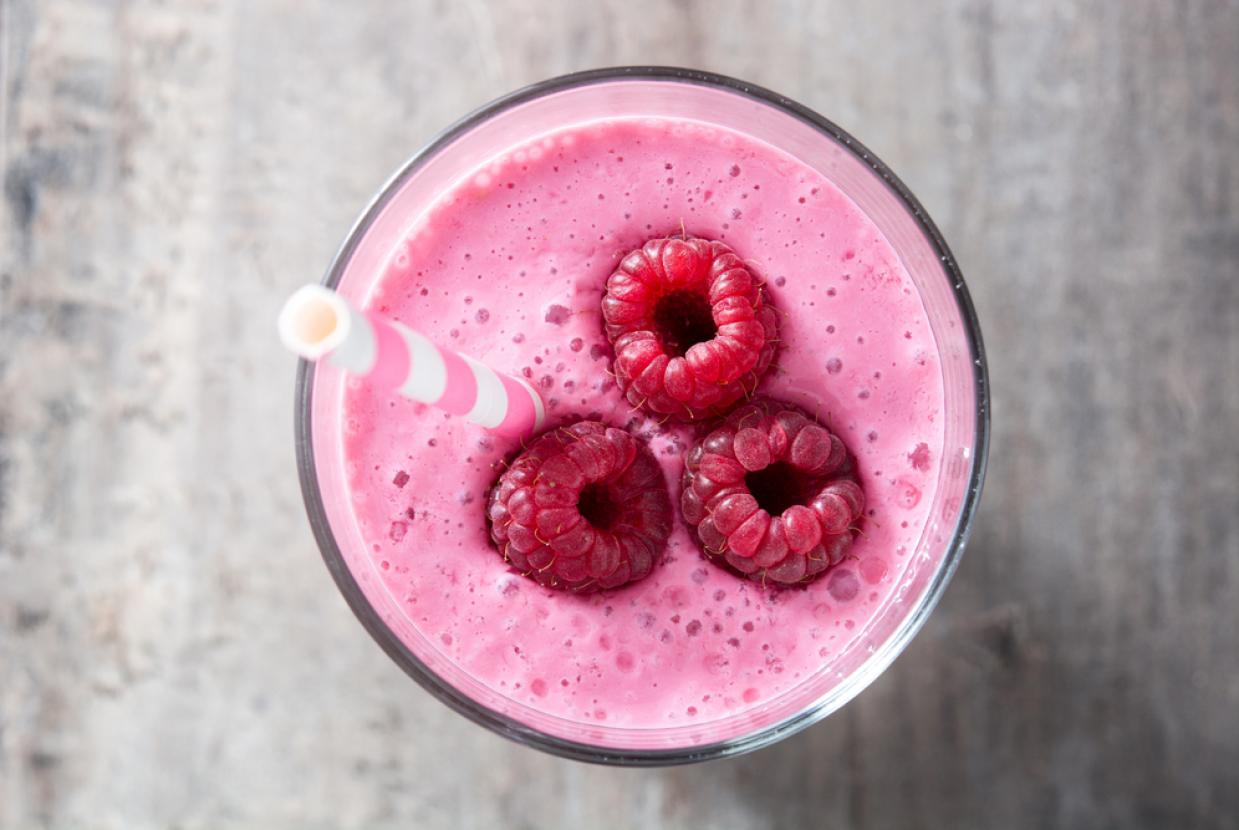Diabetes & Ramadan
DiabetesThis page has information for people living with diabetes who are thinking about fasting for Ramadan. Ramadan in 2024 will run from on or around Sunday 10 March for 29 or 30 days, ending with Eid al-Fitr, a religious holiday celebrated by Muslims worldwide.
Before deciding to fast, it is important to check in with your healthcare team to see how you are currently managing your diabetes. This can help you to understand how fasting could be a risk to your health, how to reduce this risk or whether the risk to your health is too high. It is important to talk about your blood test results, any diabetes medications you are taking and existing diabetes complications or your risk of developing them.
Take this opportunity to talk about what is or isn’t working well for you and your diabetes. If you find your diabetes is not quite on track before the fast, it would not be a safe option to fast this year.
Knowing this can help you and your healthcare team make a plan on how to improve your diabetes and health over the next year. This can help you feel confident that you are working towards improving your health if you revisit the decision to fast the following year.
We would also suggest that you speak to an Imam to gain further advice about the alternatives to fasting if you are advised not to fast for health reasons. If you are an Imam and would like more information on advising people with diabetes during Ramadan, download our short guidance document (PDF, 65KB), which has been written in partnership with the British Islamic Medical Association.
Ultimately, it is a personal choice whether or not to fast. However, if you do choose to fast, it is important to be prepared before Ramadan by speaking with your healthcare team so you have a plan for keeping safe and healthy.
Failing to do so is in itself contrary to the Qur'an, which clearly states that you must not act in a way that harms your body (Al Baqarah Verse: 195).
People can also be exempt from fasting if they:
- are children (under the age of puberty)
- are elderly
- are sick or have a certain health condition
- have learning difficulties
- are travelling
- are pregnant, breastfeeding or menstruating.
Risks of fasting
It is important to discuss with your healthcare team how living with diabetes and following Ramadan could put your health at risk. Understanding your risk will depend on:
- The type of diabetes you are living with
- If you are currently keeping your average blood sugar level (HbA1c) in a healthy range for you
- The type of medication you use to manage your diabetes
- If you take medications that put you at risk of hypoglycaemia, such as sulphonylureas and insulin
- If you're living with diabetes complications such as poor vision, nerve damage, heart or kidney disease. There is a high risk that fasting could make these health conditions worse.
For example, people living with type 2 diabetes who manage with diet and lifestyle only, or who take one diabetes medication that does not increase their risk of hypoglycaemia will have a lower risk during the fast if they are already keeping their average blood sugar level (HbA1c) in a healthy range.
Making a plan to fast safely
When discussing the risk of fasting with your healthcare team it is important to agree a plan so you can fast safely. This may include:
- Increasing blood sugar monitoring during this time and making sure you have enough supplies to do this. Checking your blood sugar levels does not break the fast, but you must break the fast if your blood sugars are too high or too low.
- What to do if your blood sugar is too low or too high, or if you become unwell (Sick Day rules).
- Adjustments to your diabetes tablets, you may need a different type, or dose and need to know the best time to take them.
- Adjustments to your insulin. You won’t need as much insulin before the start of the fast. Also, the type of insulin may need changing from your usual type. Remember, pre-mixed insulin is not recommended during fasting.
Testing blood sugars during the fast
If you take certain tablets or insulin, fasting carries the risk of low blood sugars (hypoglycaemia). This means it’s important for you to know the signs and symptoms of low blood sugar and to test your blood sugars more often during the fast.
If your blood sugars drop below 4 mmol/l you must break your fast and treat the hypo with some sugary food or fluid and follow this with something starchy as otherwise you will harm your body and may need medical attention. It’s a good idea to carry hypo treatments with you and a bottle of water during the fasting period.
You may develop high blood sugar levels during a fast if you miss your usual prescribed medication, if you have larger portions of starchy or sugary foods or if you are less physically active than normal. High blood sugars can increase your risk of dehydration which can make you feel dizzy and tired.
Before choosing to fast, ask your healthcare team what a high blood sugar level is for you. If you go above that level during fasting, you must break the fast by drinking water and seek medical advice. Without medical advice this could lead to diabetic ketoacidosis (DKA) – a serious condition requiring hospital treatment.
If you’re not able to get hold of your GP or diabetes team, it would be advisable not to fast, especially if you’re not sure of what to do with your diabetes medications. And if you need urgent medical help, you can use the NHS 111 online service.
Healthier food and drink choices during Ramadan
At suhoor (predawn meal)
It’s important not to skip the suhoor meal, which is just before dawn. High fibre starchy foods like high fibre cereals or oats, buckwheat, bulgur wheat or brown or wild rice are more slowly absorbed and have a low glycaemic index. Also be mindful of portion sizes of carbohydrate containing foods. These will help you to manage your blood sugar levels in the healthy target range while you’re fasting.
Lentils (dhal) chickpeas and beans are good sources of protein and are also high in fibre. Pair them with fruit and vegetables as this can help prevent constipation and keep your heart healthy.
Before starting the day’s fast, you should drink enough sugar-free and decaffeinated fluids to avoid being dehydrated during the day.
At iftar meal (breaking of fast)
Traditionally the fast may be broken with dates, these are high in fibre but are rich source of carbohydrate. Two large dates (30g without stones) can provide around 20g of carbohydrate, which is about the same as a medium slice of bread. Try to limit the number of dates to one to open the fast or open the fast with a glass of water.
Try to rehydrate with sugar free fluids – water is the best option. Avoid sugary fizzy drinks or fruit juices as these will raise your blood sugar and could make you feel thirstier. Milk drinks such as lassi or laban are a good source of protein and calcium, but unsweetened versions are the healthier option.
It can be tempting to snack on sweet treats, especially if family or friends are sharing them. Treats such as baklava, barfi or rasmali can be high in fat and sugar. Only a small amount can make quite an impact on pushing up your blood sugars.
Try to only have fried and oily foods in moderation as eating them too frequently could lead to unintentional weight gain through Ramadan. These foods can also affect your heart health as they tend to be higher in certain saturated fats and salt which could increase your blood cholesterol and blood pressure above healthy levels.
Eid al-Fitr and the end of fasting
Eid is a major occasion and celebrations involve lots of food, which can be a challenge for people with diabetes. But having diabetes doesn’t mean you can't eat traditional festive foods. Check out our Learning Zone for simple food hacks to make traditional recipes healthier.
Alternatives to fasting
If you’re not able to fast or choose not to, you can still observe and gain the benefits of Ramadan by offering charity or providing food to the poor. Speak to your local Imam for more information about this. Abdul, who has type 2 diabetes, explains why he chooses not to fast during Ramadan and suggests alternatives.


